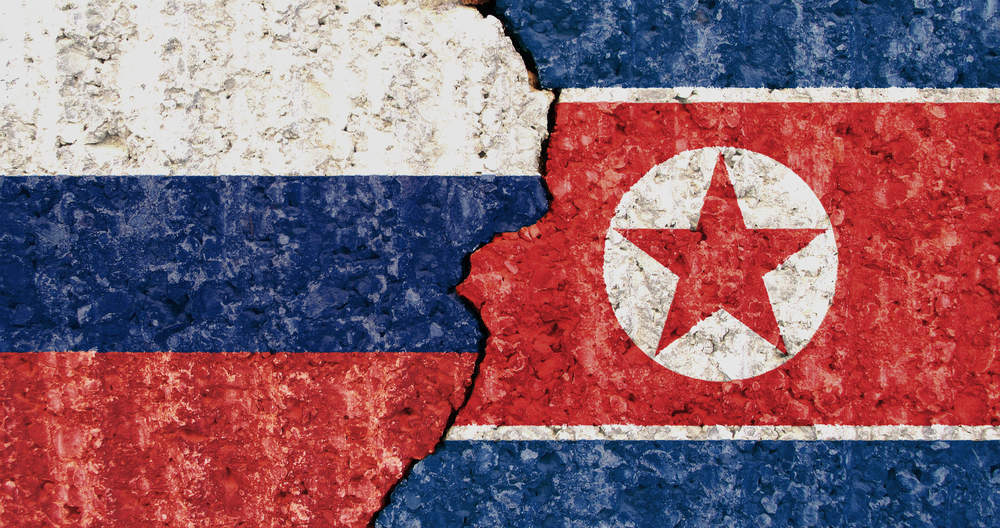
North Korea’s foreign minister is in Moscow today to meet his Russian counterpart.
Ri Yong-ho and Sergey Lavrov are expected to discuss avenues for bilateral cooperation and the situation on the Korean Peninsula, according to Moscow’s foreign ministry.

Access deeper industry intelligence
Experience unmatched clarity with a single platform that combines unique data, AI, and human expertise.
Diplomatic talks between North Korea and other states are rare, and today’s meeting signifies a desire by Pyongyang to improve its strained ties with its neighbours.
The visit comes ahead of meetings between North Korean leader Kim Jong-un and the presidents of South Korea and the United States (the latter is slated for May and would be the first such meeting to ever take place).
Ri also visited Beijing last week to speak with the Chinese foreign minister, while Kim held a secretive three-day meeting with the Chinese President Xi Jinping in March.
Neither Russia nor North Korea have given much details about the itinerary of the meeting, although it is expected to continue until tomorrow. The two foreign ministers are likely to have plenty to talk about, however.

US Tariffs are shifting - will you react or anticipate?
Don’t let policy changes catch you off guard. Stay proactive with real-time data and expert analysis.
By GlobalDataRussia and North Korea’s blossoming relationship
Russia and North Korea have a nuanced relationship. The Soviet Union supported the Korean People’s Army in the Korean War and, once the North Korea was established, treated it as a sister-state in the Communist bloc.
Prior to the 1990s, Russia and China provided North Korea with huge amounts of subsidised resources: oil; rice; industrial equipment; medicines; and more.
Reliance on its neighbours is what allowed North Korea’s economy to steam ahead of South Korea in the first two decades following partition.
By the early 1990s, North Korea held an estimated $10 billion in unpaid loans that Russia and China wanted back.
The fall of the Soviet Union and the Russian move to capitalism (as well as growing Chinese apathy towards the state) decimated the North Korean economy.
Once subsidised support between Communist allies dried up, the resulting famine killed up to two million North Koreans and stunted an entire generation.
North Korea-Russia relations improved after Vladimir Putin assumed power, although they perhaps became more complicated. Russia publicly condemned the increasing number of nuclear tests conducted by North Korea from the mid 2000s onwards.
Yet, in 2012 Russia wrote off 90% of North Korea’s historic debt, with the outstanding $1 billion to be used to finance humanitarian projects by Russia in North Korea.
North Korea still needs Russian support. In February, Russia began sending home many of the 100,000 North Korean labourers that work in Russia and are a vital source of hard foreign currency for Kim Jong-un’s regime.
It has been suggested that Russia helps North Korea get round international sanctions over fuel.
Russia too, has a reason to pursue relations with North Korea. It provides a buffer between Russia and US-Nato forces stationed in South Korea.
The fall of North Korea would likely trigger a refugee crisis on Russia’s eastern border.
Russian ties to North Korea also offer it more clout in the region, much as the pragmatic (rather than ideological) backing of Syria’s President Bashar al-Assad gives Moscow more influence in the Middle East.
Meanwhile, it is difficult for Moscow to be seen giving overt support to Pyongyang.







